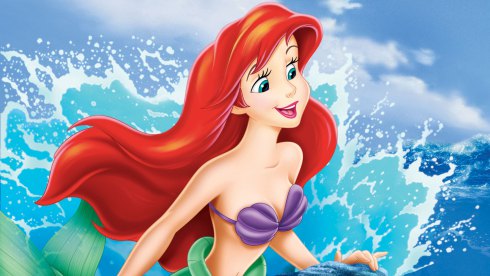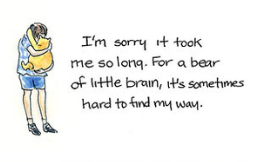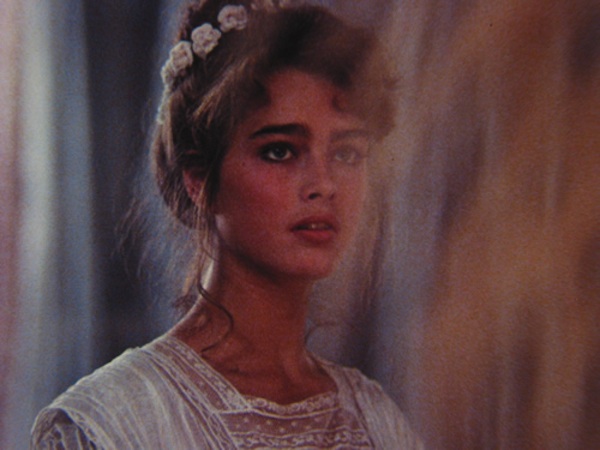1.
“Government Announces Steps to Restore Confidence on Encryption Standards.” By Nicole Perlroth for The New York Times. Amid recent reports that the National Security Agency wrote cybersecurity standards it could break, the government agency claims it will reopen public vetting of a new encryption process. 2013 gets more chillingly 1984 every day. A hat tip to Erik Winquist (@quister) for digging up the Tom Tomorrow strip pictured above.
“For encryption to be secure, the system must generate secret prime numbers randomly. That random number generation process — which is based on mathematical algorithms — makes it practically impossible for an attacker, or intelligence agency, to predict the scrambling protocols that would allow it to unscramble an encrypted message. But internal memos leaked by a former N.S.A. contractor, Edward Snowden, suggest that the N.S.A. generated one of the random number generators used in a 2006 N.I.S.T. standard — called the Dual EC DRBG standard — which contains a back door for the N.S.A. In publishing the standard, N.I.S.T. acknowledged ‘contributions’ from N.S.A., but not primary authorship. Internal N.S.A. memos describe how the agency subsequently worked behind the scenes to push the same standard on the International Organization for Standardization. ‘The road to developing this standard was smooth once the journey began,’ one memo noted. ‘However, beginning the journey was a challenge in finesse.'”
2.

“Is ’12 Years a Slave’ Really a Best Picture Lock?” Mark Harris of Grantland takes aim at excessively premature Oscar predictions that declare the type of film that should win Best Picture in a given year, and turn handicappers into advocates not just for their own favorite movies but for their own early calls.
“Deciding to give a movie an Academy Award as a way of ‘taking care of’ something can be a way of exonerating yourself from thinking about whatever actual issues you imagine you’re taking care of. (As Oscar host Jon Stewart famously said in 2006 after a montage of earnest scenes from Hollywood social-relevance dramas,’ … and none of those things were ever problems again.’) Beware the perfume of self-congratulation that wafts through this particular awards narrative, and beware any narrative that sells a movie as an excellent symbolic choice while papering over its specific merits, quirks, and idiosyncrasies. There are people who believe ’12 Years a Slave’ is the movie that should win Best Picture (I’d argue that that’s an absurd thought until we’ve seen the whole field, but enthusiasm is enthusiasm). However, as the season progresses, there will also be people who think ’12 Years a Slave’ is the kind of movie that should win Best Picture. Watch out for them; they are up to no good; they will be the same people who think that ’12 Years’ gives them permission not to think too much about ‘Fruitvale Station’ or ‘The Butler.’ Both of those movies are attempting to travel different, well-established roads to nominations — ‘Fruitvale Station’ is trying to follow ‘Beasts of the Southern Wild’ as this year’s artisanal Sundance sensation, and ‘The Butler,’ as fascinatingly jagged and oddball as it is, also works on enough traditional levels to walk an honorable old Oscar campaign path labeled The Movie Your Parents Like More Than You Do. The problem with settling too soon on a ‘year of the black movie’ Oscar narrative is that it erodes distinctions within a set of films whose power lies in how unique each one is; it’s a diminishment disguised as a celebration. Proceed with caution.”
3.

“Disney Invites Kids to Bring iPads to Theaters for ‘The Little Mermaid’ Re-Release.” By Alex Stedman for Variety. A new app allows moviegoers to interact with movies while watching them. Related: Sean O’Neal’s scathing take, “Disney Invites You to Experience the Magic of Ignoring ‘The Little Mermaid,'” for The A.V. Club.
“Disney is providing incentive for movie-goers to bring iPads to their Sept. 20 theatrical re-release of the movie. Dubbed ‘Second Screen Live,’ Disney has created an app which will allow viewers to interact with the 1989 classic taking place in select theaters. According to the app’s trailer, participants will be able to play games, compete with fellow audience members and sing along with the movie. Disney and Apple have had a long-running close relationship, with Disney recently honoring late Apple CEO Steve Jobs with a Legends award. Disney president and CEO Bob Iger also holds a spot on Apple’s board, and Jobs had a seat on Disney’s board of directors. The theater run comes before ‘The Little Mermaid’s’ Oct. 1 Blu-ray release.”
4.
“How Today’s Computers Weaken Our Brain.” Tim Wu of The New Yorker says technology enabling multitasking isn’t helping we caveman computer-users in the long run. Disintegrating attention spans abound.
“We are easy to distract, and very bad at doing two or more things at the same time. Yet our computers, supposedly our servants, constantly distract us and ask us to process multiple streams of information at the same time. It can make you wonder, Just who is in charge here?….Perhaps all we need are computers that lock into different modes: chore mode, communication mode and concentrated work mode. In the work modes, the machine would do what it could to keep you on track, in ways both subtle and less so. We also need designers cognizant of the brain’s weaknesses, who strive to eliminate or minimize unnecessary distractions, such as beeps for e-mails, bouncing icons and unnecessary pop-up windows. There will always be some who say that all anyone needs to deal with these problems is better discipline or will power—that Kafka, being Kafka, would stay on task in 2013 just as well as in 1912. I’m not so sure. Discipline is useful, but so is an environment and tools that actually help, rather than hinder. The strange part is that we now have technological powers to shape our environment that were unimaginable to earlier generations, yet we don’t use them with a realistic view of the brain’s weaknesses. Perhaps a single rule is enough: our computers should never make us stupider.”
5.
“Spoiler Alert.” For The Paris Review, Endless Love author Scott Spencer describes what happens when Hollywood makes a really, really bad movie out of your novel, and then remakes that bad movie.
“I visited the set a couple of times, conversing with Brooke Shields, who was polite and preoccupied. (She came out of her protective shells for a moment, showing proper teenage pique when her mother, after looking at her appraisingly, said, “Brooke, your face is getting boxy.”) Months later, the Shieldses were there for the New York premiere, as was I, watching glumly along with my wife, Elizabeth Taylor, and Diana Ross, as the film went on for what felt like an eternity. I was frankly surprised that something so tepid and conventional could have been fashioned from my slightly unhinged novel about the glorious destructive violence of erotic obsession, but I’d been warned. Riding to the premiere with Director Franco Zeffirelli, he reached across the expanse of his hired car and, patting my knee, said, ‘Scott, this movie is going to be like a knife in your heart.'”
IMAGE OF THE DAY

Christopher Robin Milne’s original stuffed animals, which inspired Pooh, Tigger, Eeyore, and Kanga (now displayed at New York Public Library). As if this isn’t heartbreaking enough, check out comic book artist Ian Chachere’s short story imagining Milne’s last moments.
VIDEO OF THE DAY
An amazing student demonstration against random drug testing. The kids are alright.














